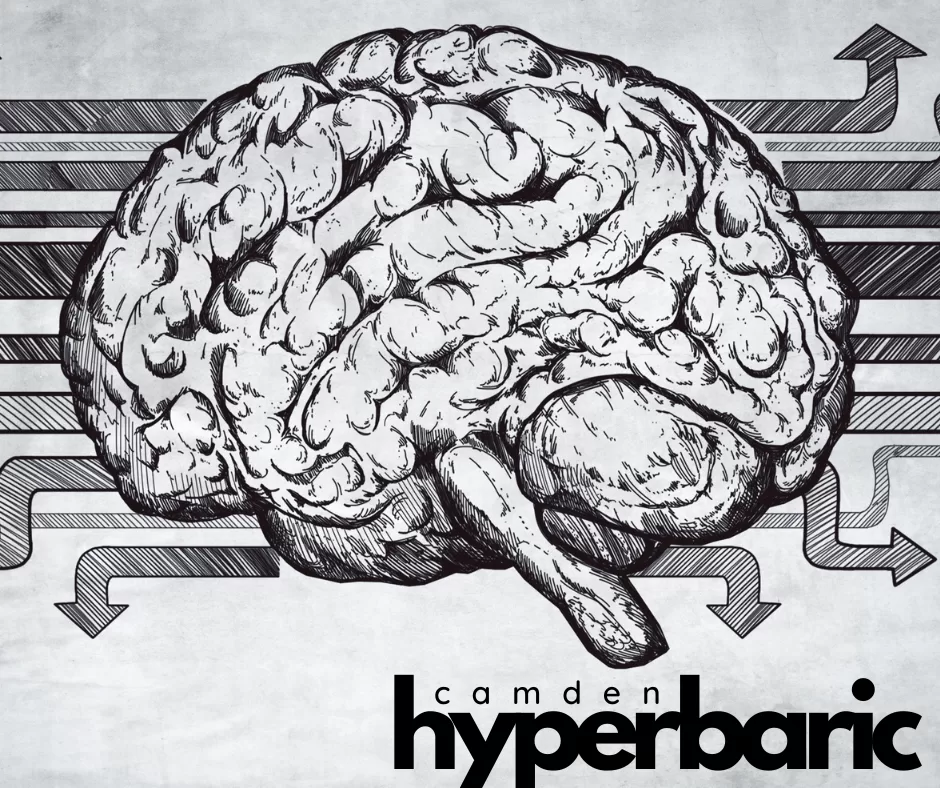How are your New Year’s resolutions going this year? If poorly, you’re not alone: only 8 or 9% of resolutions are successfully achieved.
Typically, such lapses are attributed to “willpower,” a term that neatly collapses a complex topic into a condemnation of poor decision-making. But underneath the psychobabble, a fantastically complex array of hormones, neurotransmitters, microbes, and more influence our thoughts and emotions, giving character to our experiences and shaping our future moves.
Working smartly with these players on the personal stage means both self-awareness of how we’re affected by changes to our biochemistry and diving into research and self-experimentation in order to reach health or productivity goals, or in a single word, biohacking.
Changing behaviors involves overcoming internal resistance and engaging with therapies or habits long enough that any initial discomfort in the change can give way to more energy, more happiness, better sleep, or any of a multitude of worthwhile aims.
Key to understanding this process is the principle of hormesis, or the notion that certain stressors in careful degrees actually strengthen health. This is drawn from evolutionary biology. With something like 99% of our evolutionary history as a species under the subsistence conditions of hunter-gatherers, hormetic practices can include exercise, fasting, and cold exposure.
Our ancestors didn’t have the benefit of cars, internal heating, or even constant access to food. The evolutionary impulse over many millions of years resulted in our literal cells strengthening when subjected to these stressors.
Biohacking can be intuitive when you adhere to this principle. Exercise regimens; cold showers and baths; intermittent fasting (eg, not eating for 16+ hours between dinner and breakfast); a “sabbath” day of rest once a week; ketogenic diets; and daily, direct sun exposure on the skin can each be an in to changing biochemistry via evolutionary theory.
Once initial discomfort is overcome, these practices generally enhance well-being. A cold shower, for example, is challenging for the first 10 seconds or so; that’s followed by a sense of calm in the nervous system coupled with an increase in alertness.
What’s most important is a willingness to experiment and experience sensations that may be novel. In my experience, this willingness usually emerges in people who have learned there are no easy solutions to their personal issues. When functionality has been lost and economic pressures are mounting, people frequently develop the mindset that they must overcome, wherever that process may lead them.

